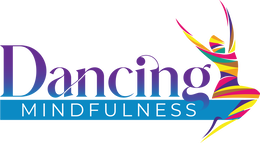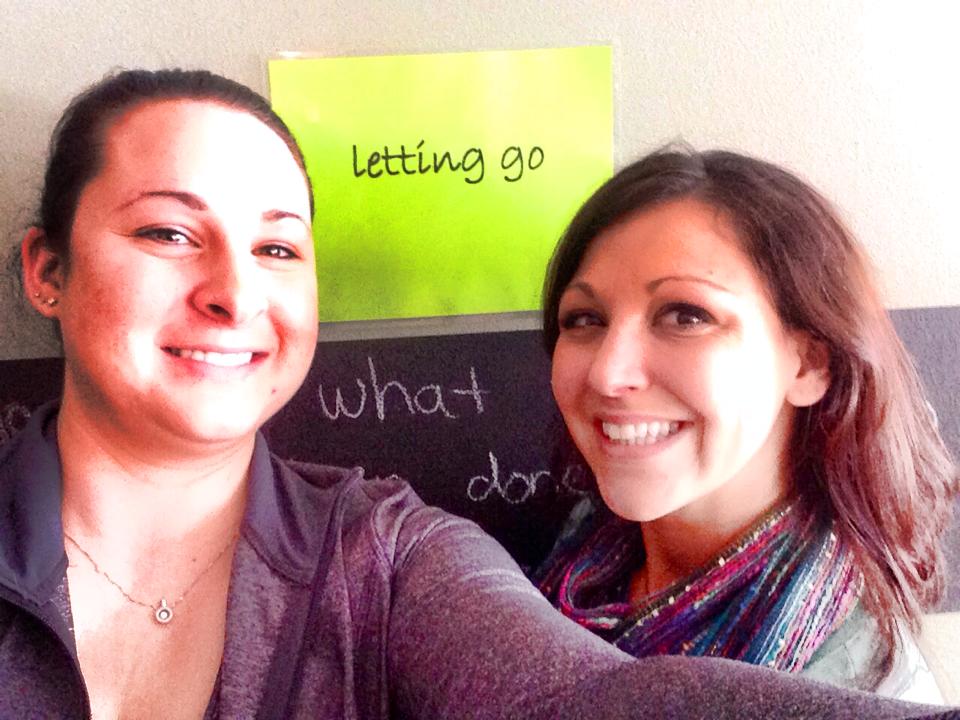|
Originally Published on StartAgain Media
When I was in graduate school for mental health counseling, I didn’t learn a damn thing about self-care. The official curriculum obsessively focused on theories and techniques, standards and measures; the faculty just seemed to assume that we knew how to take care of ourselves. My Ph.D. program didn’t offer me with much more in the way of guidance and instruction, and in talking to my peers in the helping professionals, not learning to take care of ourselves as professionals is the exception rather than the rule in graduate training. And then we wonder why there is such high turnover in the counseling professions; we lament when people, on average end of leaving the fields of helping after 3-4 years of work. Clearly something is lacking in how we train helping professionals… Although the field has evolved since the days where psychodynamic methods ruled the landscape, there is something to be said about the tradition of that to become a psychoanalyst, you needed to be psychoanalyzed yourself. When I asked my graduate school advisor (Master’s level) why personal counseling is not required to become a counselor, she answered that too many legal barriers exist in the modern era to making people do counseling. Other research-driven peers insist that the empirical literature is not conclusive on whether or not you have to go through personal therapy to be a good therapist. Yet there is some evidence out of an amazing study done in Australia (Charman, 2005) to suggest that high performers (e.g., therapists whose patients are more likely to meet established outcomes measures) describe themselves as mindful, intelligent, intuitive, open, patient, creative, flexible in personality, and self-aware. Moreover, these helpers also identify as not having an agenda, as having care and concern for others, having an awareness of their own issues, and are able to take care of themselves. In my view, this study gives evidence to what may of us discover the hard way---you must take care of yourself in order to be effective as a helper. “Counselor, heal thyself” is more than just a cute saying. There are other ways besides professional therapy to take care of oneself (yet speaking for myself, I would never have survived as a therapist if I didn’t have my own therapy at the onset and at strategic points throughout); regular practices in meditation and mindfulness, spiritual practices, involvement with 12-step or other support groups, regular exercise, setting time aside for hobbies, and having clear release rituals are just a few that jump out as powerful strategies. In the coming weeks, I will be featuring a series on strategies for improving self-care as helping professionals. I’ll discuss some of the methods I talked about here in greater depth, take a look at why it is so hard for those of us who are drawn to helping others to follow our own suggestions for self-care, and I’ll talk about my practice’s commitment to helping other professionals in an approach that I call Healing the Wounded Healers. Reference Charman, D. (2005). What makes for a “good” therapist? A review. Psychotherapy in Australia, 11(3), 68–72.
0 Comments
|
Dr. Jamie MarichCurator of the Dancing Mindfulness expressive arts blog: a celebration of mindfully-inspired, multi-modal creativity Archives
September 2022
Categories
All
|
Contact |
Memberships & Affiliations |
|
Please direct all inquiries to:
[email protected] © Mindful Ohio & The Institute for Creative Mindfulness, 2021 Terms of Use Privacy Policy |
Dancing Mindfulness/The Institute for Creative Mindfulness is an organizational member of the International Association of Expressive Arts Therapists, the Dance First Association, and NALGAP: The Association of Gay, Lesbian, Bisexual, Transgender, Addiction Professionals and Their Allies; Dancing Mindfulness proudly partners with The Breathe Network and Y12SR: The Yoga of 12-Step Recovery in our shared missions.
|


 RSS Feed
RSS Feed